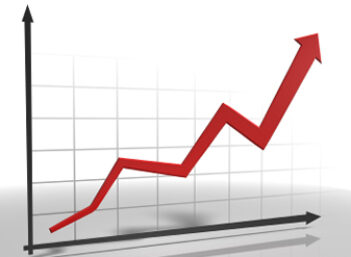What is a Market Order?
A market order is an order to trade a stock at the current market price.
If you do not give your broker additional instructions, the trade will automatically be entered as a market order.
How does a Market Order work?
When using a market order, you're almost guaranteed that your order will be executed. When you call your broker and say, 'Buy 10 shares of ABC stock,' the broker will enter the trade as a market order and you will buy ABC at whatever price it is trading at when the order is fulfilled.
The downside is that the price you end up paying with your order is fulfilled may not be the price you were quoted before you decided to trade the stock. Trade execution is not instantaneous, and markets can move dramatically in very little time.
Why do Market Orders matter?
Though market orders are popular among retail investors, many do not consider the risks involved.
A retail investor using market orders will rarely get his order filled at real-time prices. When using a market order, you're essentially saying you'll take any price that someone will offer you. This is particularly dangerous in volatile markets because your order to buy can be filled at a much higher price than you originally thought when you decided to buy. Similarly, your order to sell can be filled well below the price you were expecting.
An alternative to market orders are limit orders, which allow you to set a price at which you want to buy or sell.



